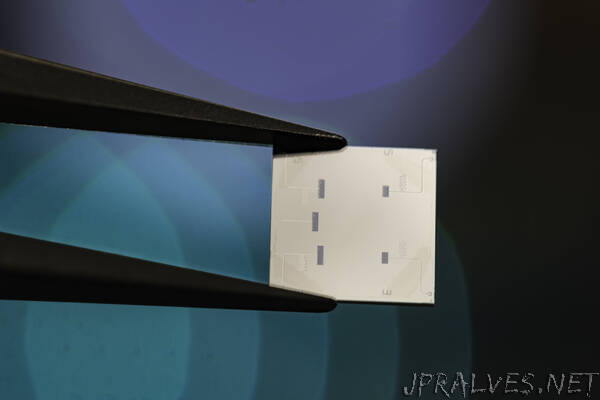
“Physicist Machiel Blok develops techniques to improve superconducting circuits, which may help create more powerful quantum computers.
In the quest to unlock the power of quantum computers, scientists such as Machiel Blok study information processing at the infinitesimally small level of quantum mechanics.
Blok, an assistant professor in the Department of Physics and Astronomy at the University of Rochester, develops superconducting circuits, a type of electronic circuit that uses materials that have little to no electrical resistance when they are at very low temperatures. When currents flow through a typical conductor, such as copper, some of the energy is lost due to resistance. In a superconductor, however, there is zero resistance, meaning it can conduct electricity without any energy loss. This property emerges due to quantum mechanical effects—the behavior of particles at the atomic and subatomic levels.
Blok is formulating new techniques to improve superconducting circuits and make quantum computers and simulators that may eventually solve problems that classical computers could never solve.
In quantum mechanics, particles can exist in multiple states at the same time, a phenomenon known as superposition. While a regular computer consists of billions of transistors called bits, quantum computers are based on qubits. Unlike ordinary transistors, which can be either “0” (off) or “1” (on), qubits are governed by the laws of quantum mechanics and can be both “0” and “1” at the same time. Superconducting circuits can create qubits, put them into superpositions of different states, and manipulate these superpositions.
“By carefully controlling the interactions between these qubits, researchers can execute quantum algorithms, leading to much faster computing than that conducted by classical computers,” Blok says.
Block recently received a Young Investigator Research Program award from the Air Force Office of Scientific Research for his work in quantum information sciences. His current research explores a new way to store and transfer quantum information more efficiently in superconducting circuits using qudits instead of qubits. A qudit-based processor goes beyond binary quantum logic (“0” and “1”) and allows building blocks to have three or more logical states (“0,” “1,” “2,” etc.) in which to encode information. Blok’s method is based on using photons—tiny packets of electromagnetic radiation—to create and manipulate qudits to perform computations. The method could ultimately help protect quantum information from noise—unintended interactions between qudits and the environment.
“Quantum algorithms are extremely sensitive to noise, and a seemingly small disturbance can lead an operation to fail, completely ruining a quantum computation,” Blok says. “We aim to design superconducting circuits that protect against noise in future quantum computers and to develop technology to make quantum computers more powerful and reliable.””
